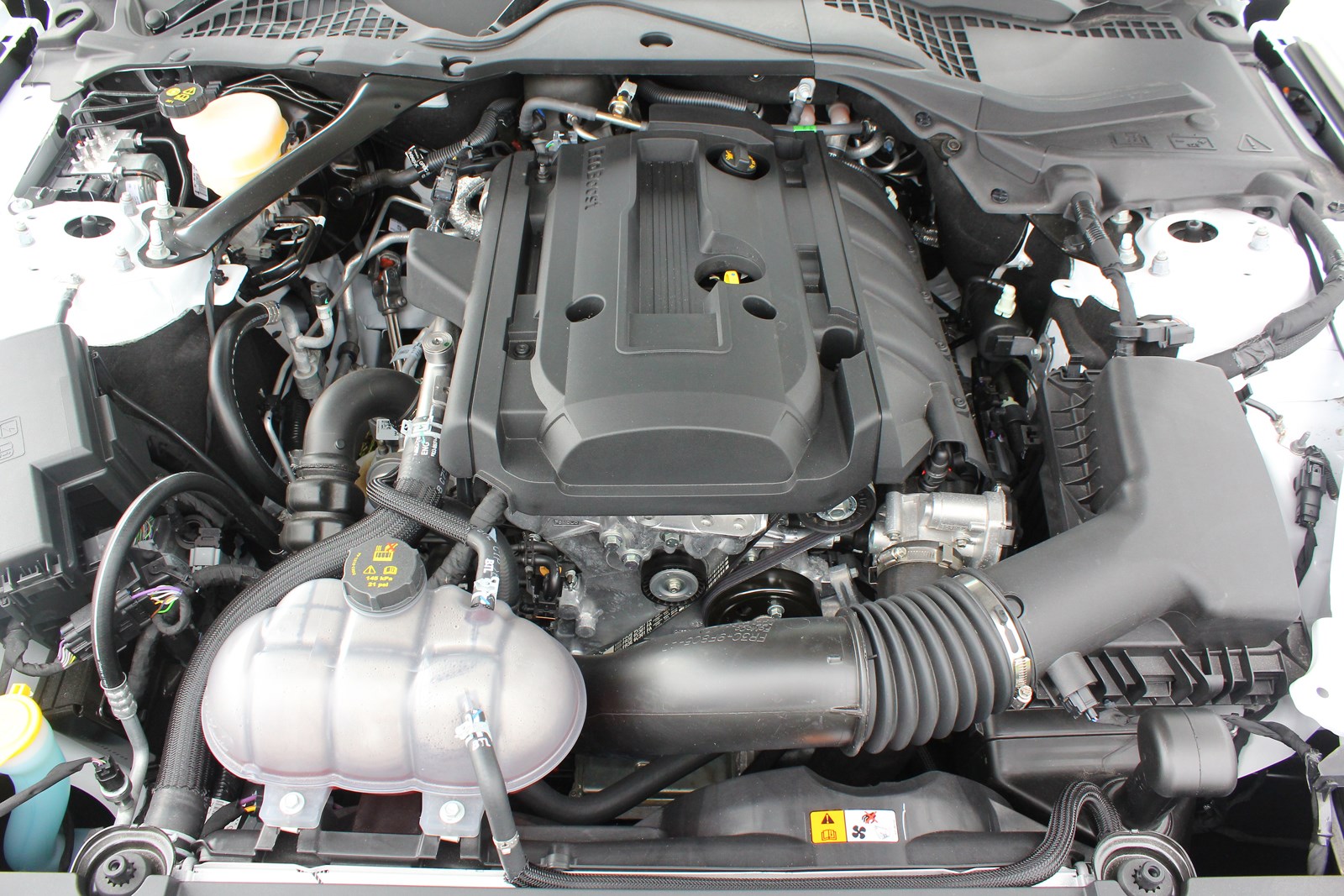Survey by Ford NZ finds drivers don’t know how to save at the pump
While most Kiwi drivers reckon they know their road rules when it comes to saving money at the petrol pump they’re not as confident, a survey has found.
Ford Motor Company interviewed 774 New Zealand drivers about their driving habits and fuel efficiency knowledge.
Of the drivers, 84 per cent said they knew how to drive their car for maximum fuel efficiency, and 79 per cent said they made a concerted effort to drive efficiently on a daily basis.
“When it comes to fuel efficiency, unfortunately there’s a yawning gap between what most of us think we know, and what we actually know,” said Simon Rutherford, Ford NZ’s managing director.
“For example, our survey showed that most people haven’t thought about the potential fuel saving benefits of using GPS or cruise control.
“Ford has made a significant investment in creating more efficient engine technology and a strong track record in engine innovation globally, particularly with the award-winning EcoBoost engine, but there is a great deal that individual drivers can do to reduce their vehicle’s petrol consumption,” he said.
“Ford vehicles have built-in functions that allow drivers to track their fuel consumption, so we encourage them to test out these fuel-saving techniques to see just how much difference they make.”
So, what did New Zealand drivers get wrong about driving tips that could help keep their tanks fuller, for longer?

24 per cent of New Zealand drivers don’t know that harsh accelerating and braking negatively affect their car’s fuel consumption.
Aggressive driving – like braking harshly or taking off too quickly – is a major offender when it comes to wasting fuel.
Almost one in five New Zealand drivers believe that keeping the engine running while idling will save more fuel.
Turning the engine off and restarting it again is actually more fuel efficient when stopped at a light or in heavy traffic. If your vehicle features Auto Start-Stop technology – which can be found on a number of new Ford vehicles including Focus, Mondeo, Kuga, Escape, and Transit – you’re one step ahead. Auto Start-Stop shuts off the engine when the vehicle is at a stop, and when the brake is released, the engine quickly restarts.
81 per cent of drivers are unaware about the fuel efficiency benefits of cruise control.
Cruise control is a modern car’s secret weapon against wasting fuel. Maintaining a constant speed means you don’t waste fuel by unnecessarily braking and accelerating – and it also stops you from driving faster than speed limits permit.
Only 15 perc ent know to use GPS to map the quickest route before heading out.
It seems obvious, but the longer you drive, the more fuel you’ll use. Both time and money can be saved by checking your route on your GPS system before you hit the road. If you’re in a Ford and it comes with SYNC 2 or SYNC 3, save time by pre-entering your most frequent destinations, such as home and work.
37 per cent did not know that driving in hilly areas can affect fuel consumption.
A long drive in the mountains will use more fuel than driving on a flat, straight road. Driving uphill uses more fuel as the vehicle is working slightly harder to go against gravity.
Many respondents were unaware that cold weather (72 per cent) and hot weather (81 per cent) affect a vehicle’s fuel efficiency.
Cold weather can reduce your fuel economy significantly as it takes longer for your engine to reach its most efficient temperature, so you may want to rethink any short trips in wintery conditions. In warmer weather, pay attention to when you should use the car’s air-conditioner. The higher the speed, the more wind resistance affects mileage. At highway speeds you’re better off using the air-conditioner, but at lower speeds drive with your windows down.
Only 58 per cent of those surveyed knew that removing heavy items or clutter from the car can help save fuel
Excess weight in the vehicle can wreak havoc on your car’s fuel consumption. Any extra 20kgyou carry can reduce fuel economy by roughly one percent. So try to pack lightly on that next road trip.
Three in four drivers were unaware that adding sports tyres or body kits to the vehicle can affect its fuel efficiency
Going for that “Fast and Furious” look for your vehicle may get you a limited amount of street cred (and likely some extra attention from the long arm of the law), but the increased rolling resistance and drag will reduce your fuel efficiency.
25 per cent of drivers were unaware that regular servicing helps save fuel, and 22 per cent were unaware that regularly checking tire pressure also helps save fuel
Basic knowledge perhaps, but it’s all too easy to forget that a properly maintained vehicle and correctly inflated tires will help stretch your petrol dollar further.




